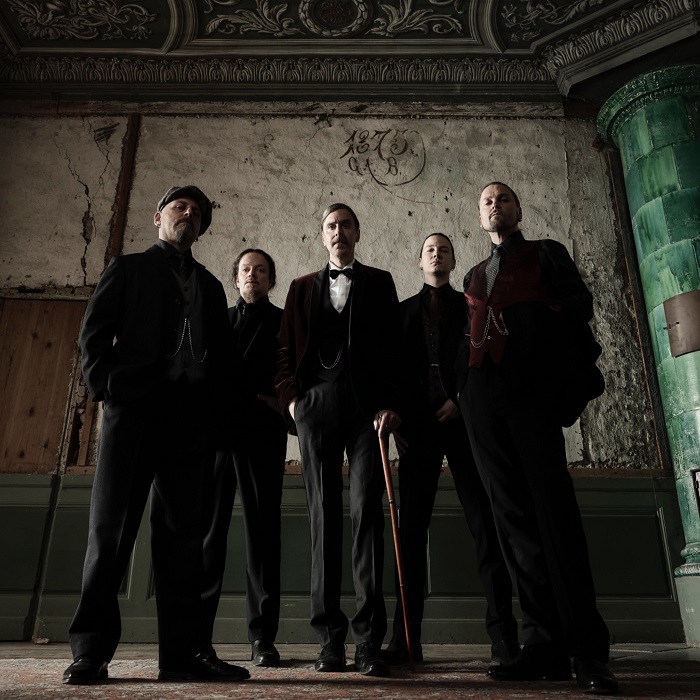
Opeth originated in 2011 when a newer musical epoch heralded a new birth of sound that reminds me of bands like Camel, Deep Purple, Jethro Tull, and Led Zeppelin. Here, I am talking about my favorite studio albums like “Heritage”, “Pale Communion” and Sorcerer”. These studio works ushered the epitome of intricate music and talent to experiment with progressive songwriting and compositions.
While Opeth has followed an epic symphonic prog rock there were some traditional heavy hints of progressive metal in their 2019 album “In Cauda Venenum” which has abandoned the 70s rock elements possibly due to the artistic direction. But Mikael Åkerfeldt’s passion for reinterpreting music remains heavier and proggy in the newest studio album “The Last Will and Testament” Opeth’s first album features death metal growls.
It seems like history repeats itself because “The Last Will and Testament” retains the heaviness trademark of melding the growls with clean vocals; the keyboards are matched up to create a symphonic grandeur. The cohesive songwriting prowess and skill fuse the organic drumming of Waltteri Väyrynen (ex-Vallenfyre, ex-Bloodbath, and ex-Paradise Lost) with Martín Méndez on bass, and guitarist Fredrik Åkesson and Joakim Svalberg (ex-Yngwie Malmsteen).
The fourteenth studio album maintains a heavy momentum, every riff is fashioned and perfected from the elements of prog death metal with organic drumming kicking off in the opening song “§1”. The dark orchestral background boosting cinematic passages and driven by heavy riffs presents flawless performance pieces emotional and haunting orchestral parts between easy listening and death metal transitions layered by growls and clean vocals.
“§2” blends these elements and uses different compositions reminiscent of Opeth’s early albums like “Blackwater Park” and “Ghost Reveries”. The keyboards add an obscure shade that encapsulates the clean vocals. The album features guest musicians such as Ian Anderson (Jethro Tull) who plays the flue instrument and Joey Tempest (Europe). Though I may disagree with the idea of using growls on this album, I would prefer if the clean vocals were dominated.
“§3” then showcases the dark clean vocals of Mikael Åkerfeldt and the riff sections are somewhat oriental and similar to Opeth’s progressive albums like “Pale Communion” and “In Cauda Venenum”. Opeth sounds more intricate, and heavier, and the songs are claustrophobic with no gimmicks. The lead guitar section is intriguing and keyboards and mellotrons bring retro symphonic textures of warm and ominous cinematic passages. The organic instruments, and strings venturing you into the atmospheric opening of the song “§4”.
Sophisticated riffs are tuneful, heavier than the past four albums, and perceptive in sounding dynamic, there is a mixture of harmonic vocals and death metal growls. The multifaceted instruments ensuing psychedelic flue section and melodic hooks contrasting to the soaring lead guitars explode, along with Mikael‘s growls.
Dark conjurations of heavy psychedelics immerse you into a memorable experience with the cohesive pacing of the organic drums; the guitar work is fabulous and swelling with jazzy riffs. Opeth’s proggy sound shines in the song “§5” and the symphonic atmosphere provides hooks to the dynamic drums and bluesy guitar licks transitioning to utter heaviness, the performance is engaging enough and hooks you to the oriental songwriting approach; there are plenty of standout moments offering gorgeous guitar riffs.
The effective guitar leads and solos are crafted with perfection, and the combination of clean vocals and proggy riffs combined with growls, Opeth displays another dimension of the album with the imaginative use of keyboards and mellotrons. “§6” shifts between the heavier death metal to softer moments; the keyboards are omnipresent and the most memorable segment of this song blends powerful clean vocals with proggy keyboards, and it’s probably the most progressive metal song full of catchiness and tempo changes.
The songwriting is upbeat, dynamic, and quite engaging, the musicianship is top-notch, showing the diversity and the musical elements are unique, especially on “§7” when the keyboard solo, narration, and riffs blend in something impressive. The occult-psychedelic theme of the album in this song conjures a dark oriental atmosphere and creatively reinvents the sound of Opeth, while the heavier parts and riff patterns meld a vibrant jazzy middle section with some growls thrown into the mix the complexity of the guitars and keyboards and drums remain consistent throughout the time length of the album.
The final cut “A Story Never Told” is full of grandiose mellotron soundscapes, it’s an epic slow ballad that is considered similar to “Heritage” and “Pale Communion” albums, in terms of songwriting and musical approach, the beautiful flow of the instruments like the bass guitar, and guitar solos that are akin to Deep Purple.
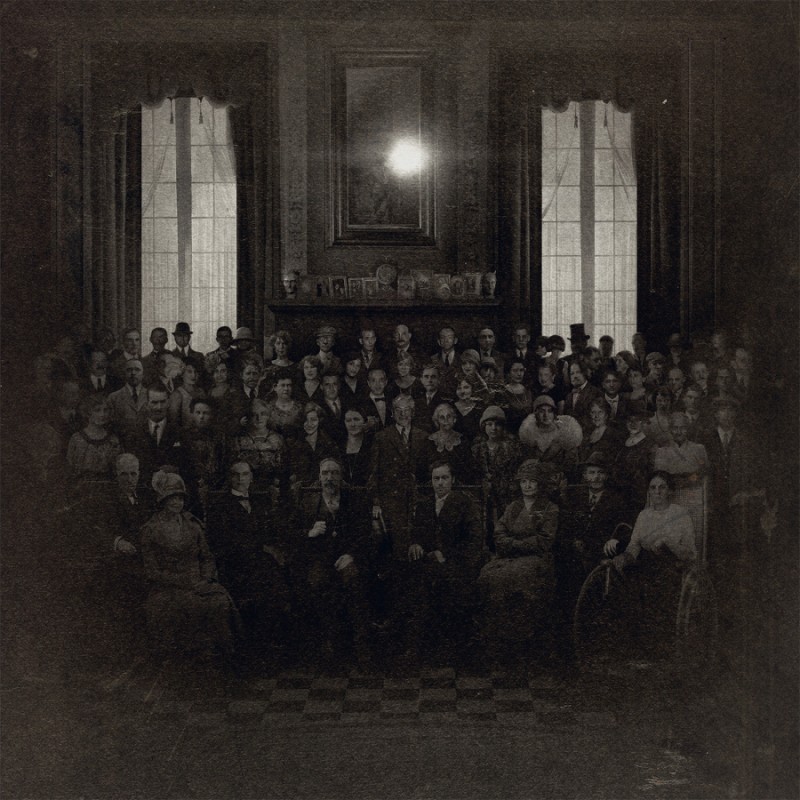
Links
REVIEW SCORE
| 9.4 | Musically, “The Last Will and Testament” is a great achievement for Opeth and I won’t be surprised to see it among the best albums of 2024 in many end of the year lists. |
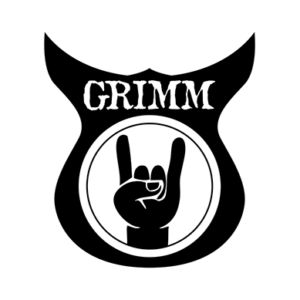


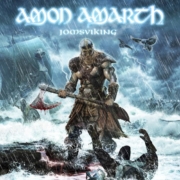

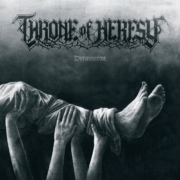
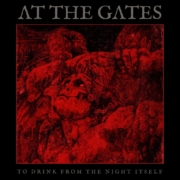
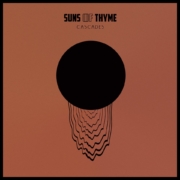
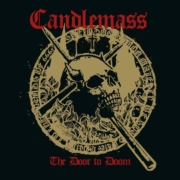




Leave a Reply
Want to join the discussion?Feel free to contribute!